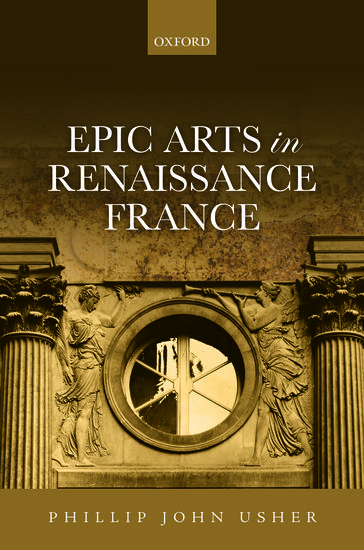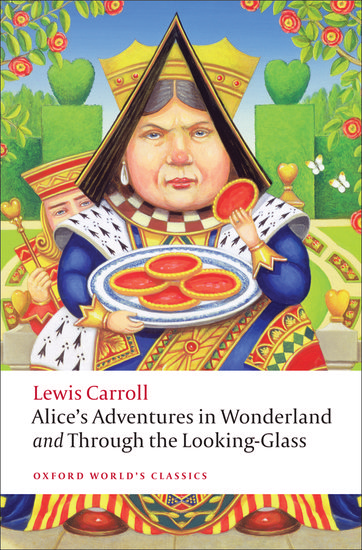The ultimate reading list, created by librarians
At this year’s UKSG conference we asked our librarian delegates to help us build the perfect library by answering one simple question: which one book couldn’t you live without? Whilst the instructions were straightforward – write your chosen title on one of our book stickers and stick it on our bookshelf – the question itself proved challenging for the majority of our exceptionally well-read participants.













